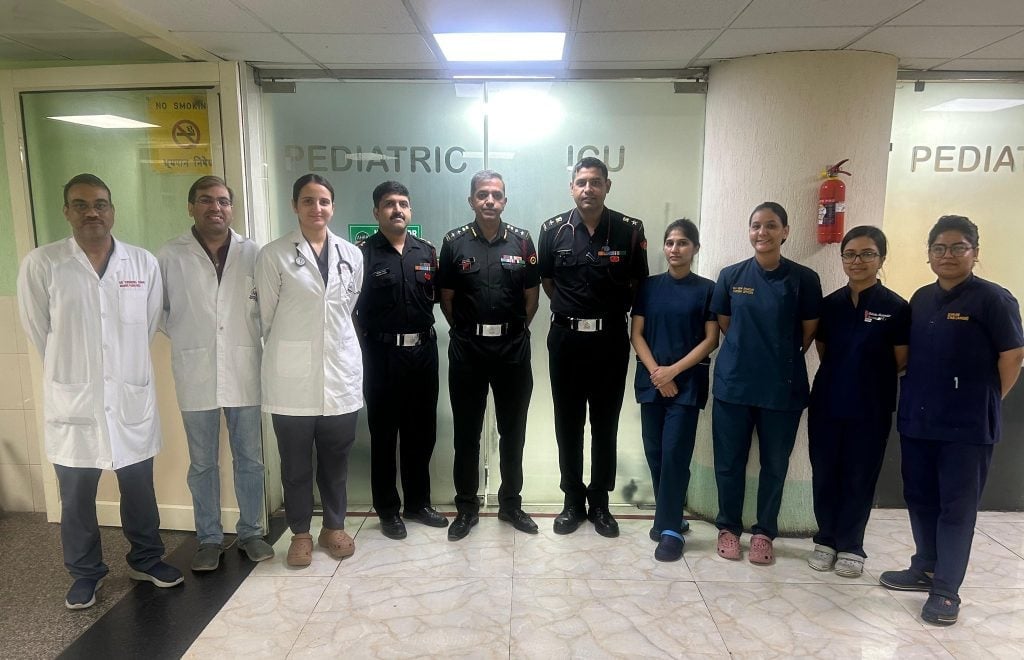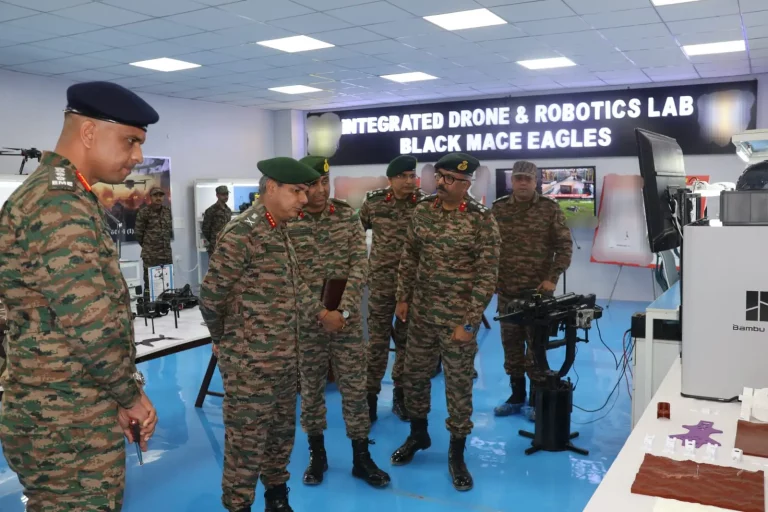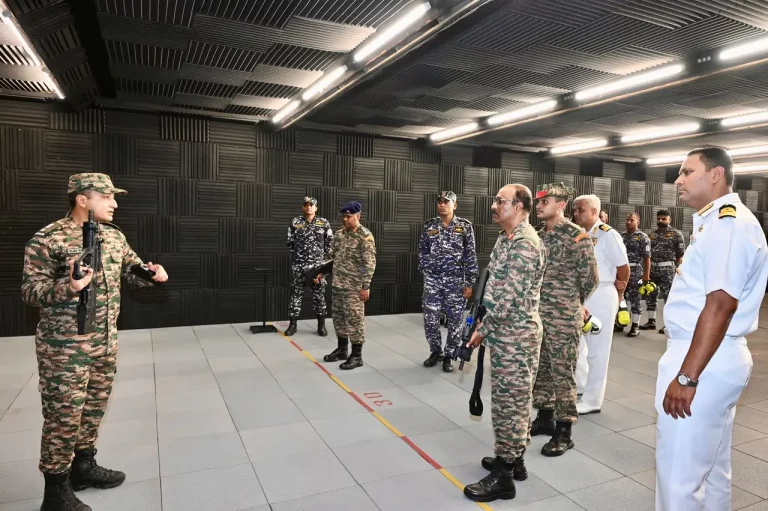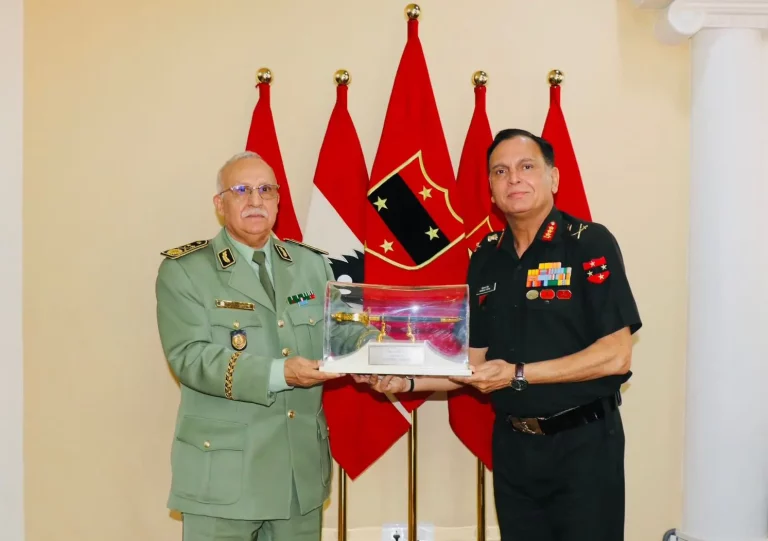A pioneering medical achievement has been reported at the Army Hospital (Research and Referral) where a multidisciplinary team has successfully performed therapeutic plasma exchange (TPE) on an 18-month-old child diagnosed with hyper-acute Guillain-Barré syndrome (GBS). This operation marks the youngest recorded case of its kind within the Armed Forces Medical Services, highlighting a significant milestone in pediatric healthcare.
Guillain-Barré syndrome is an uncommon and potentially fatal autoimmune disorder characterized by the immune system erroneously attacking the peripheral nerves, leading to rapid-onset paralysis. Recognized for its severity, the National Health Service (NHS) indicates that the condition has a mortality rate of up to 5%, underscoring the critical importance of prompt intervention.
The TPE procedure, executed in the hospital’s state-of-the-art intensive care unit, involved the removal of harmful antibodies from the child’s bloodstream to mitigate the disease’s progression. Research published in the Journal of Clinical Apheresis has shown that timely applications of TPE can lead to improved recovery outcomes in about 70% of GBS cases.
This intricate procedure demanded the collaboration of a specialized team within the Department of Pediatrics, employing advanced equipment and protocols tailored specifically for pediatric care. The successful recovery of this young patient challenges traditional prognoses associated with such cases and underscores the hospital’s capabilities in pediatric neurology.
This significant achievement not only inspires hope for families confronting similar health challenges but also solidifies the Army Hospital (R&R) as a national frontrunner in executing complex medical interventions, particularly in high-stakes environments.







